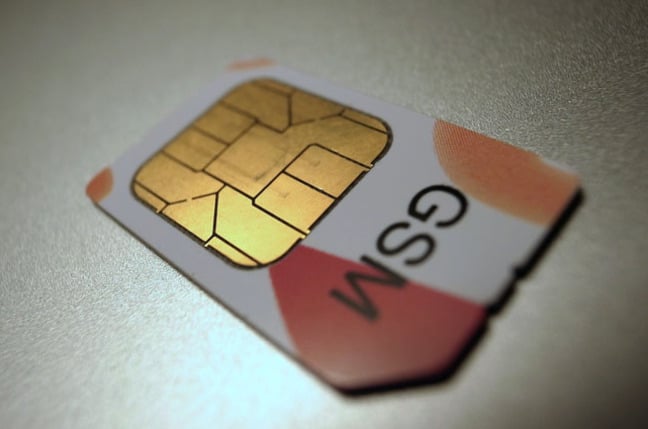By Lt Gen Mohan Bhandari
21 Aug , 2015
A Colonial Legacy
Proposed by General Musharraf in October 2004 to the Pakistani press, the plan considers the pre-1948 existence of seven regions in Jammu and Kashmir…
A Military Solution
 On July 27, three gunmen in military fatigues marched into a police station in Gurdaspur, an urban district in the Indian border state of Punjab. After an 11-hour gun battle, all three terrorists were killed—but so were nine civilians and police personnel. The state had not seen any significant terrorist violence since the 1980s, when a vicious ethno-religious insurgency between Sikhs and Hindus ended. According to the Indian Ministry of Home Affairs, based on evidence collected from GPS devices taken from the scene, the terrorists had come from Pakistan.
On July 27, three gunmen in military fatigues marched into a police station in Gurdaspur, an urban district in the Indian border state of Punjab. After an 11-hour gun battle, all three terrorists were killed—but so were nine civilians and police personnel. The state had not seen any significant terrorist violence since the 1980s, when a vicious ethno-religious insurgency between Sikhs and Hindus ended. According to the Indian Ministry of Home Affairs, based on evidence collected from GPS devices taken from the scene, the terrorists had come from Pakistan. The first seven months of 2015 saw unprecedented movement toward peace in Afghanistan. A series of unofficial meetings between the Taliban and the Afghan government culminated in an official meeting in Pakistan on July 7. A second meeting was scheduled for July 31. The gatherings were preliminary, but real peace talks appeared close at hand. Then, on July 29, the world learned of the death of Taliban leader Mullah Omar.
The first seven months of 2015 saw unprecedented movement toward peace in Afghanistan. A series of unofficial meetings between the Taliban and the Afghan government culminated in an official meeting in Pakistan on July 7. A second meeting was scheduled for July 31. The gatherings were preliminary, but real peace talks appeared close at hand. Then, on July 29, the world learned of the death of Taliban leader Mullah Omar. For the first time since 2008, economic alarm bells are ringing in China. Hard on the heels of a two-month stock market rout, the Chinese yuan lost nearly five percent of its value in just two days. The stock market might have rebounded, but the economy is still in trouble. Three and a half decades of easy profits from one-way bets on China's reintegration with the outside world have come to an end. China is now part and parcel of the global economy, and the normal laws of economic gravity apply in China, too. The first of those laws is that there's no such thing as a free lunch.
For the first time since 2008, economic alarm bells are ringing in China. Hard on the heels of a two-month stock market rout, the Chinese yuan lost nearly five percent of its value in just two days. The stock market might have rebounded, but the economy is still in trouble. Three and a half decades of easy profits from one-way bets on China's reintegration with the outside world have come to an end. China is now part and parcel of the global economy, and the normal laws of economic gravity apply in China, too. The first of those laws is that there's no such thing as a free lunch. Ashton Carter has an unusual background for a secretary of defense. Before assuming the United States’ top military post in February, he studied medieval history and particle physics as an undergraduate at Yale, got a Ph.D. in physics as a Rhodes scholar at Oxford, and taught international affairs at Harvard. He also served as an assistant secretary of defense in the Clinton administration and as an undersecretary and then the deputy secretary of defense under President Barack Obama. Since becoming secretary, Carter has displayed an unusual bluntness, openly criticizing Iraq’s military forces and talking tough to adversaries such as China and Russia. In his first full-length print interview since becoming secretary, Carter met with Foreign Affairs managing editor Jonathan Tepperman in his Pentagon office in early July.
Ashton Carter has an unusual background for a secretary of defense. Before assuming the United States’ top military post in February, he studied medieval history and particle physics as an undergraduate at Yale, got a Ph.D. in physics as a Rhodes scholar at Oxford, and taught international affairs at Harvard. He also served as an assistant secretary of defense in the Clinton administration and as an undersecretary and then the deputy secretary of defense under President Barack Obama. Since becoming secretary, Carter has displayed an unusual bluntness, openly criticizing Iraq’s military forces and talking tough to adversaries such as China and Russia. In his first full-length print interview since becoming secretary, Carter met with Foreign Affairs managing editor Jonathan Tepperman in his Pentagon office in early July. Yu Yu (yes, that is my real name, he joked) is a research professor with Shanghai Jiao Tong University who has spent the last year finding out how to crack the encryption codes on 3G and 4G cards. These use AES-128, which is supposed to be virtually unbeatable by a brute-force attack, but turns out to be easy to defeat using side-channel analysis.
Yu Yu (yes, that is my real name, he joked) is a research professor with Shanghai Jiao Tong University who has spent the last year finding out how to crack the encryption codes on 3G and 4G cards. These use AES-128, which is supposed to be virtually unbeatable by a brute-force attack, but turns out to be easy to defeat using side-channel analysis.